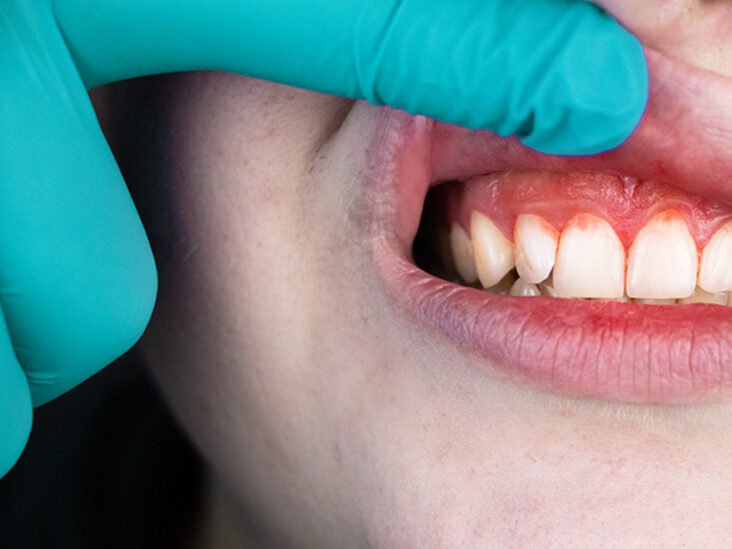
How to Keep Your Gums Healthy
While most people think about going to a private dentist for their teeth, many people forget about their gums as well. However, keeping your gums healthy is an important part of oral health care and dental professionals recommend you look after them to avoid gum disease. Here are some things you can do in order to keep your gums healthy and strong.
Gum Disease – Common Symptoms
Many people don’t even realise they have gum disease until a dental professional points it out. But there are several signs of gum disease you can learn about, so if your dentist says you might have gum disease, schedule an appointment with your emergency dentist near Llandudno to discuss options for treatment. Following are some common symptoms of gum disease.
Ongoing bad breath (also known as halitosis) that doesn’t go away easily despite brushing or flossing daily and regular use of mouthwash (at least twice per day). This is one of the earliest signs that something may be wrong. If left untreated, gum disease can lead to periodontitis – loss of bone supporting teeth due to infection and inflammation caused by bacteria build-up on teeth and gums – which is irreversible. It should be noted that persistent bad breath isn’t always an indication you have gum disease; it could also indicate tooth decay or poor oral hygiene.
Gum Disease – Prevention Tips:
- Choose the right toothbrush and toothpaste
It’s tempting to choose whatever toothbrush and toothpaste is cheapest, but both are important when it comes to maintaining healthy gums. Make sure you look for a soft-bristled brush and fluoride-free, non-alcoholic paste—both of which can help reduce gum disease. Also note that if you’re pregnant or have diabetes, talk with your dentist about special oral health needs.
- Floss daily
Perhaps you don’t floss as much as you should because it seems tedious and time-consuming. Well, flossing is important for your gums’ overall health—and research has shown that regular flossing significantly reduces your risk of gum disease.
- Rinse your mouth out with care
After brushing their teeth, many people rinse their mouths. Fluoride products, such as toothpaste, should be used in conjunction with oral hygiene practices. After brushing their teeth with fluoride toothpaste, people wash away the fluoride by rinsing their mouths with water.
In contrast, when someone rinses out their mouth after eating, they may remove food and bacteria that lead to plaque and tartar.
- Use mouthwash
Brushing and flossing is one way to keep your gums healthy, but rinsing with a mouthwash is also an important part of oral hygiene. Mouthwash does more than just clean and freshen your breath—it helps reduce bad breath and kill germs that can cause gum disease. Some ingredients in mouthwash, like essential oils, may also have antimicrobial properties.
What To Do When Something’s Wrong?
Having gum disease may not cause any symptoms, but it’s easy to spot them: Check your gums when you brush. Is there redness, swelling or tenderness? If so, it’s important you see a dentist right away. Gum disease can only be diagnosed by a dentist and left untreated it can lead to other oral problems such as tooth loss.
